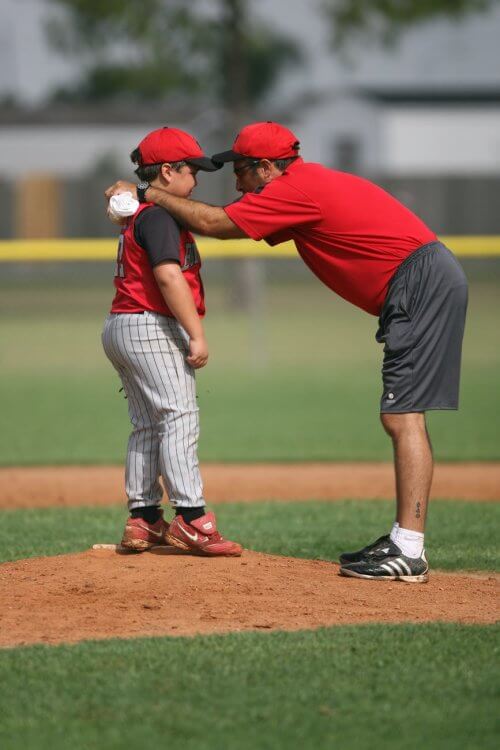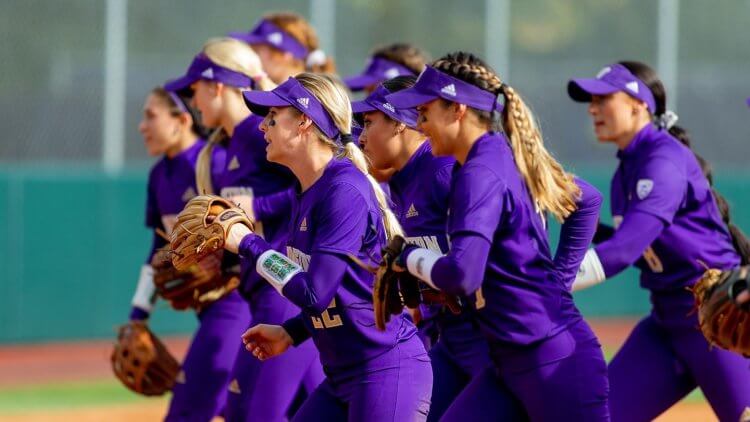What often happens in the real world transcends the sports world. This is also true regarding social media. With today’s technology advances, it is essential for sports coaches to utilize social media platforms in teaching their athletes.

Mullin, Hardy, and Sutton (2014) noted that Facebook, Twitter, Google+, Instagram, Foursquare, Tumblr, and Pinterest are the most popular social media platforms. Additional popular social media platforms include Snapchat, YouTube, WhatsApp, and LinkedIn. Social media enables us to watch and share videos and photos, read and write blogs, post on social networking sites, and have online conversations (Newman, Peck, Harris, & Willhide, 2013). In today’s world, new media is defined as digital & social media. Social media encompasses all of the interactions between people online and all the ways they participate in and share information, knowledge, and opinions while using web-based applications to communicate (Newman, Peck, Harris, & Willhide, 2013). In regard to sport, Coakley (2017) noted four characteristics of new media or digital and social media:
- Extend and radically change (potentially) our connections with the world.
- Are not limited to sequential programming.
- Enable each of us to be the “editors” of our media experiences if we wish.
- Give us the potential to create our own sports realities and experiences as spectators and virtual athletes.









